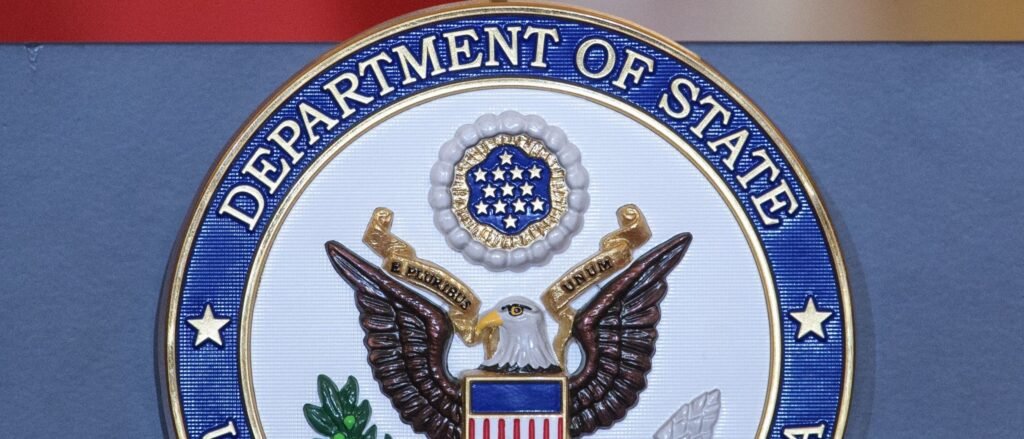Ben Franklin Fellowship: A New Approach to State Department Bureaucracy
A recently launched initiative called the Ben Franklin Fellowship (BFF) may reshape the bureaucratic landscape within one of Washington’s key institutions: President Donald Trump’s State Department.
Established in 2024, the BFF has grown quickly, now boasting 67 Fellows, including Deputy Chief Christopher Landau. This group features both former and current State Department officials, along with foreign practitioners who advocate for traditional American values in international relations.
Membership is by invitation only, and all individuals involved are expected to uphold the principle of leading America’s international role. Key tenets include prioritizing American sovereignty, maintaining a robust national defense, and honoring the responsibilities to the President as well as Congress and the Constitution.
Notable members in leadership roles include John Armstrong, Matt Pierce, Stuart R. Wilson, and Vlad Lipschutz, representing about half of the team. All four are also listed among the BFF Fellows.
It’s unclear if Armstrong, Wilson, and Lipschutz had prior connections before ascending to their current positions, as the Fellowship’s membership dates only start in 2024. However, it seems that by mid-April, all four individuals were already recognized as BFF members.
While the BFF’s presence varies within the State Department, its website features several high-ranking officials like Thomas E. Larsten, who serves as a senior official, and Spencer Kretchien, involved in population and refugee matters. This suggests there may be substantial overlap between the BFF and the State Department.
Yet, some State Department veterans are reportedly resisting the Fellowship’s influence, noting that the primary qualification for members seems to be alignment with Trump’s agenda. One official remarked that this could undermine the institution from within, while another expressed concern that BFF members seek to politicize the department. Complaints have also surfaced regarding a lack of belief in diversity, equity, and inclusion (DEI) among BFF members.
Simon Hankinson, a co-founder and director of BFF, stated that the organization aims to present its activities in a positive light to distinguish the Trump administration from its supporters.
Some controversies have arisen from recent State Department actions, notably involving the case of foreign-born student Rumeysa Öztürk, whose visa was revoked after she expressed support for Hamas and was detained before being released.
Additionally, the Department has prepared reports that contributed to decisions concerning travel bans, as highlighted by various media sources.
Looking ahead, Hankinson mentioned that there exists a limited pool of candidates eligible for government posts. This pool narrows further when considering individuals willing to act according to the current administration’s directives.
BFF Chairman Philip Linderman shared that career officials at the State Department will face more competition within their ranks. He noted that past leadership preferred senior staff who aligned with specific globalist views, which left many qualified individuals overlooked.
Individuals in roles like Marco Rubio’s team chief are tasked with selecting candidates based on their credibility regarding government policy goals. Linderman emphasized that the BFF’s role is to create a network of like-minded career managers aligned with its principles, reflecting the broader approach to diplomacy pursued by Secretary Rubio.
In Washington, networking is crucial, and Hankinson pointed out that it drives reputations, mentorship, and sponsorship within political appointments. The Consular Affairs and State Department did not respond to requests for comments, leaving some questions unanswered.
















